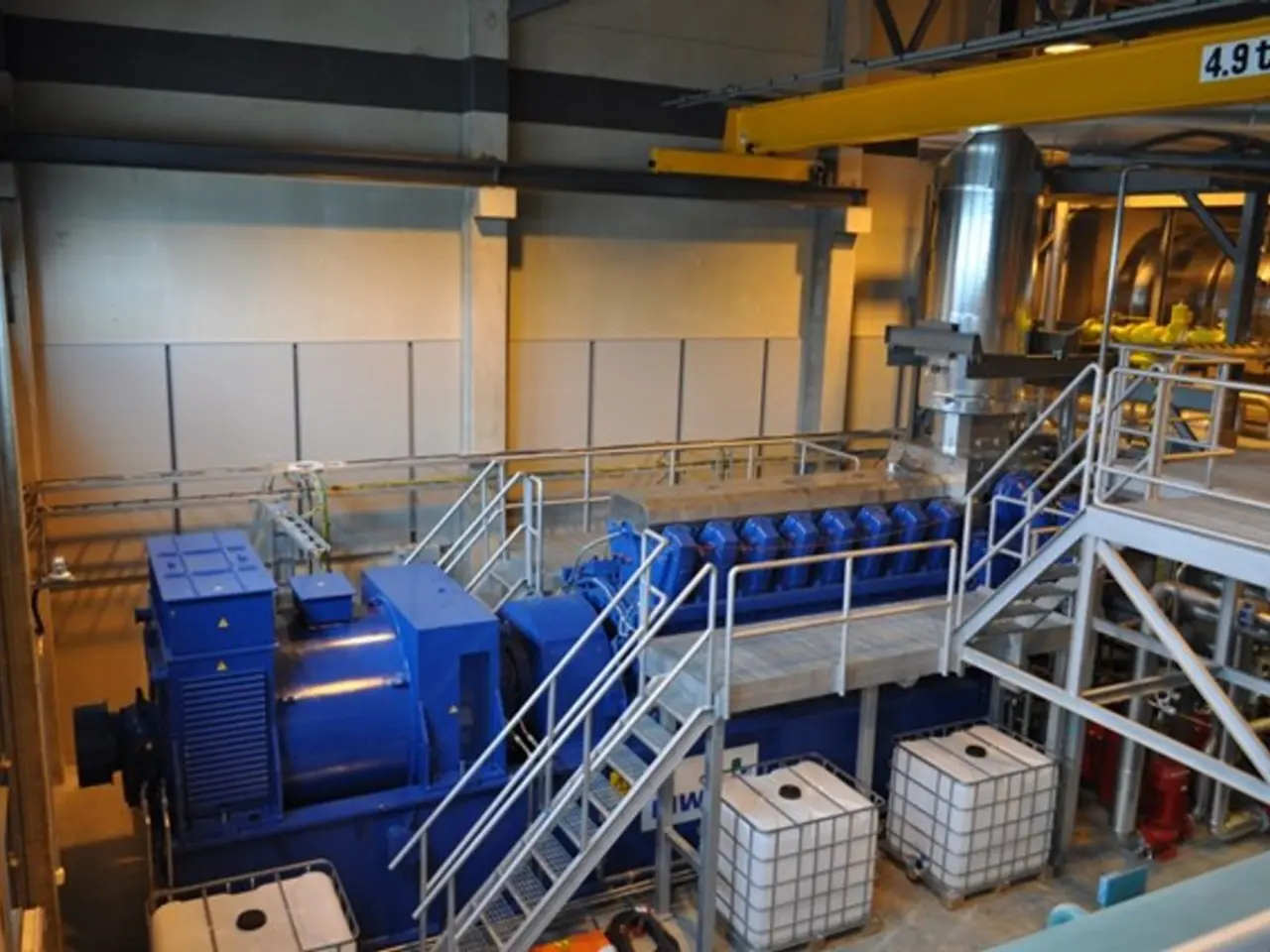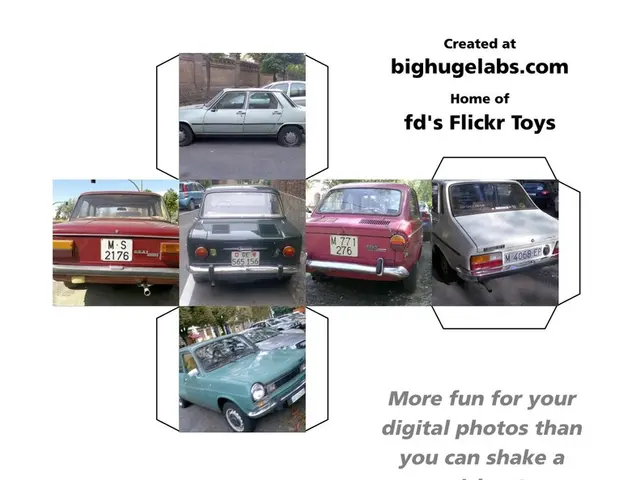Industrial-scale Thermal Energy Storage Devices for Reducing Carbon Emissions in Manufacturing Processes
In an exciting development, Sunfire, a spin-off from MIT, has taken refractory brick technology to the next level with their Electrified Thermal Solutions. This innovative technology aims to reduce costs and emissions in industrial processes by improving energy efficiency.
The heart of Sunfire's solution lies in the use of thermal storage refractory bricks. These bricks, made of a doped chromia (chrome oxide) composition, are designed to store heat for later use. This feature helps to bridge the gap between energy supply and demand in industrial processes, particularly in matching the 24/7 cycle of industrial processes with intermittent renewable energy.
The thermal storage refractory bricks developed by Sunfire are unique in that they conduct current throughout the stack without requiring additional connections. This design allows factories to pipe additional grid power during off-peak hours instead of relying on fossil fuels for thermal energy.
When electrical energy is applied to the bricks, heat is generated within them. The thermal insulating properties of the bricks allow for the time-shifting of energy from solar or wind sources, helping to even out the load and reduce emissions and costs in industrial processes.
Refractory bricks, typically ceramics with high thermal tolerance and good insulating properties, are already used in various materials processes to maximise heat energy use. However, Sunfire's technology takes this a step further, offering a potential game-changer in the industrial energy sector.
Smaller-scale thermal storage options include sand batteries and storing heat from wind with water or other fluids. These alternatives, while not as advanced as Sunfire's technology, still contribute to the broader goal of energy efficiency and sustainability.
Sunfire's founder, Dr. Katharina Böhm, studied at MIT, bringing a wealth of knowledge and innovation to the table. With this groundbreaking technology, Sunfire is poised to make a significant impact in the industrial energy sector, potentially revolutionising the way factories consume and store energy.
Read also:
- Catastrophic blast at a US Steel facility in Pennsylvania causes 2 fatalities, inflicts injuries on 10 individuals
- Weekly developments in the German federal parliament, the Bundestag
- Solar Shutdown: Merz Proposes Billions of Gas Discharge - Reverse Plan
- New guidelines for NEPA processes unveiled by federal agencies, in alignment with Executive Order 14154 and the Seven County Decision of the Supreme Court








